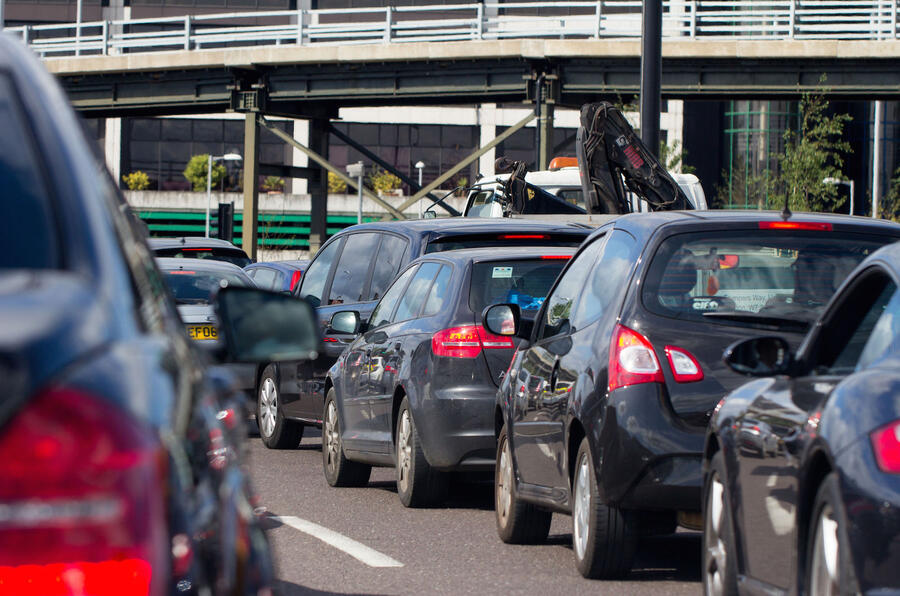This week, we discuss the Government's rather bonkers response to dieselgate and why motorists want better public transport
I suppose we should talk diesel, what with the budget and everything, which has cleared up, what, exactly? Not a lot, I think. If I understand correctly, there'll be a tax hike on diesel cars that don't meet an emissions standard that doesn't exist yet. Clear? Right.
It's because, I think, we must be seen to do something, even though the truth of it is that government can't do too much because, sometimes, what's good for the environment is bad for people liking them.
They incentivised us to buy diesels to lower carbon dioxide emissions – that one probably hasn't gone away, either, by the way – so they can't just charge us a fortune now for doing what we were told then. I mean, it might be better for the planet and all, but it's also a sure-fire way to rubbish the economy and find you're an ex-politician in need of a job. And there are only so many available spaces on Strictly Come Dancing.
So the idea is to gently ease those who thought they were doing the right thing in the first place into doing something else. Except that it won't work because it's discouraging people from buying new, fairly clean diesels instead and reducing the values of, and demand for, older diesels, making getting out of one financially unviable.
And all without, probably, making much actual difference to the air we breathe – except that we're now breathing it with even unhealthier levels of exasperation.

I suppose we'll see, but poor urban air quality consists of such a hotchpotch of emissions – from private cars, public transport, light and heavy goods vehicles, brake discs, ports, wood burners and more – that it'll take years to see how much removing one source matters. And because we keep buying stuff and diesel is currently the only way to transport it, and because the amount of stuff we buy seems to be some kind of measure of national success and happiness, and because it keeps people in work and tax money rolling in, nobody wants to stop that, either. It's all bonkers, this, isn't it?
The fundamental issues, though, go deeper again. We force people to live in urban areas because we don't build enough houses anywhere else, then find it surprising that the traffic is bad. There are about eight million more of us living in the UK than there were 20 years ago – about half because we're living longer and the other half because it's quite a nice place – but housing and infrastructure hasn't kept pace with the increase. There are loads of places with great air quality. If we all spread out a bit, surely that would help more than a few quid extra tax?
Some say that we should improve public transport and use that instead. It's a noble idea, but why do most of us really want better public transport? Quite. So the roads are freer to make life easier for us when to drive places, because we'll have things to carry – child seats, sporting equipment, shopping, a heavy cold, Test Match Special or a bad mood – that we can't bear to share with other people.
So here we are. Different day, same problems. It's no good the car industry complaining, of course. You had your chance on that score, but fiddling the numbers ruined it for everyone. Well done. And thanks.